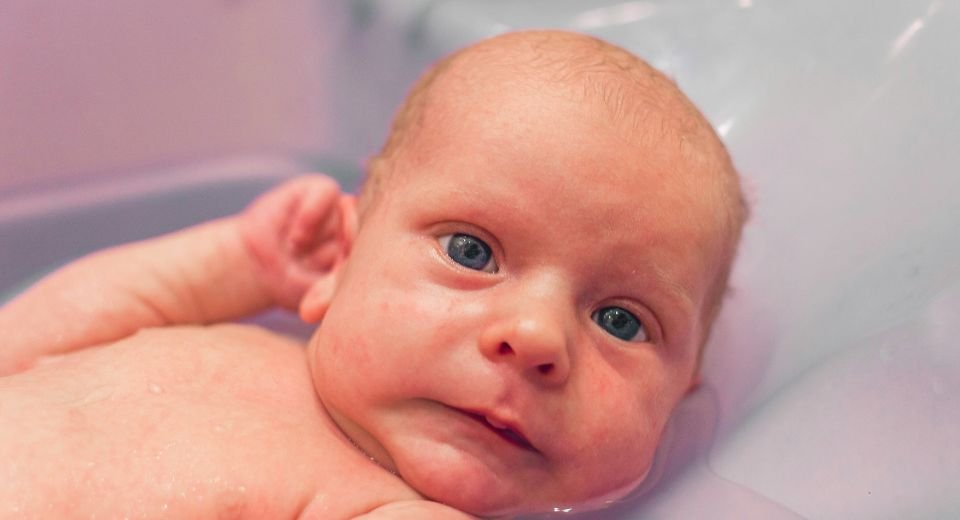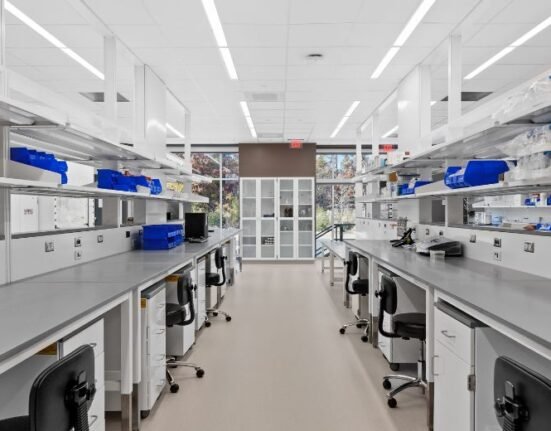HQ Team
June 10, 2025: The Food and Drug Administration has approved Merck & Co. Inc.’s jab for preventing respiratory syncytial virus (RSV) in infants up to one year of age for the first RSV season.
The Rahway, New Jersey-based company’s Enflosia, or clesrovimab, is an antibody shot that can be administered regardless of weight during an RSV season that runs from autumn to spring of next year, according to a company statement.
“RSV disease is the leading cause of infant hospitalisation in the U.S. and can lead to serious respiratory conditions like bronchiolitis and pneumonia,” said Dr Octavio Ramilo, chair of the Department of Infectious Diseases at St. Jude Children’s Research Hospital and investigator for the company’s trials.
“Enflonsia combines dosing convenience with strong clinical data showing significant reductions in RSV disease incidence and hospitalisations, making it a promising new intervention to help protect infants from RSV.”
Single dose of injection
The drug regulator’s approval was based on results from the pivotal end-stage trials evaluating a single dose of the injection in preterm and full-term infants. “The trial met its primary and key secondary endpoints,” according to the statement.
The FDA nod was supported by results from another end-stage trial, which evaluated the safety and efficacy of the shot compared to palivizumab in infants at increased risk for severe RSV disease.
The US Centers for Disease Control and Prevention’s (CDC’s) Advisory Committee on Immunization Practices is expected to meet later this month to discuss and make recommendations for the use of Merck’s shot in infants.
Orders are anticipated to start in July, with shipments delivered before the start of the 2025-2026 RSV season.
Reinfections
RSV is a viral illness that causes symptoms such as trouble breathing. It’s the most common cause of inflammation of the small airways in the lungs (bronchiolitis) and pneumonia in babies.
The disease is spread when a child comes into contact with fluid from an infected person’s nose or mouth. It may also happen when inhaling droplets from an infected person’s sneeze or cough.
The RSV often occurs in yearly outbreaks in communities, classrooms, and childcare centers. RSV is more common in the fall and winter.
Most babies have been infected at least once by the time they are 2 years old. Babies can also be reinfected with the virus. Infection can happen at any time throughout life. Symptoms start about two to five days after contact with the virus.
US availability
The early phase of RSV in babies and young children is often mild, like a cold. In less than three years, the illness may infect the lungs, causing coughing and wheezing. In some children, the infection turns to a severe respiratory disease.
“Enflonsia provides an important new preventive option to help protect healthy and at-risk infants born during or entering their first RSV season with the same dose regardless of weight,” said Dr Dean Y. Li, president, Merck Research Laboratories.
“We are committed to ensuring availability of Enflonsia in the US before the start of the upcoming RSV season to help reduce the significant burden of this widespread seasonal infection on families and health care systems.”








